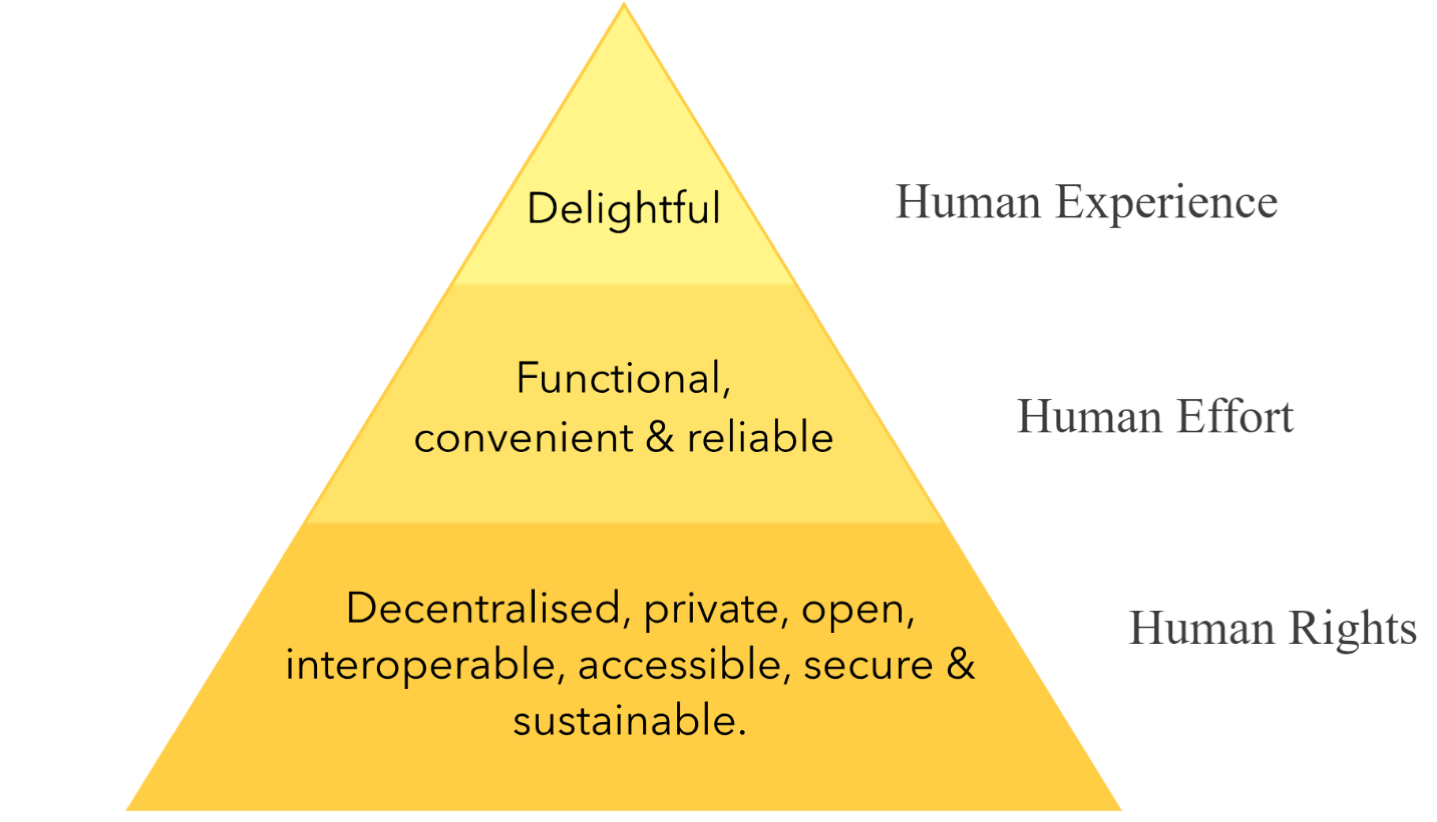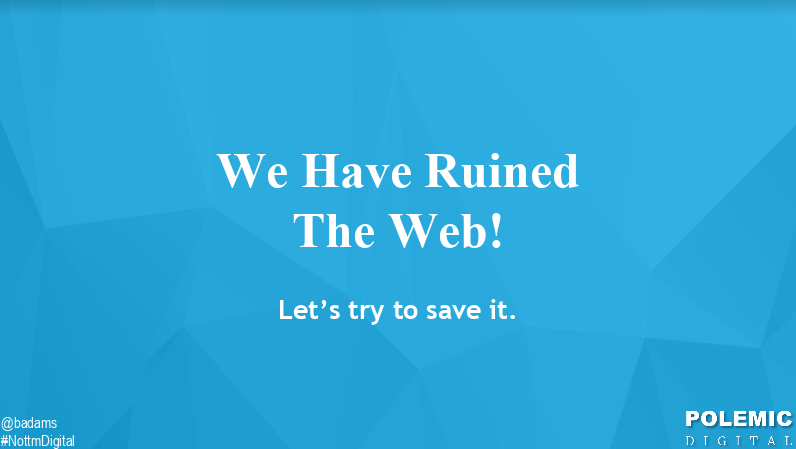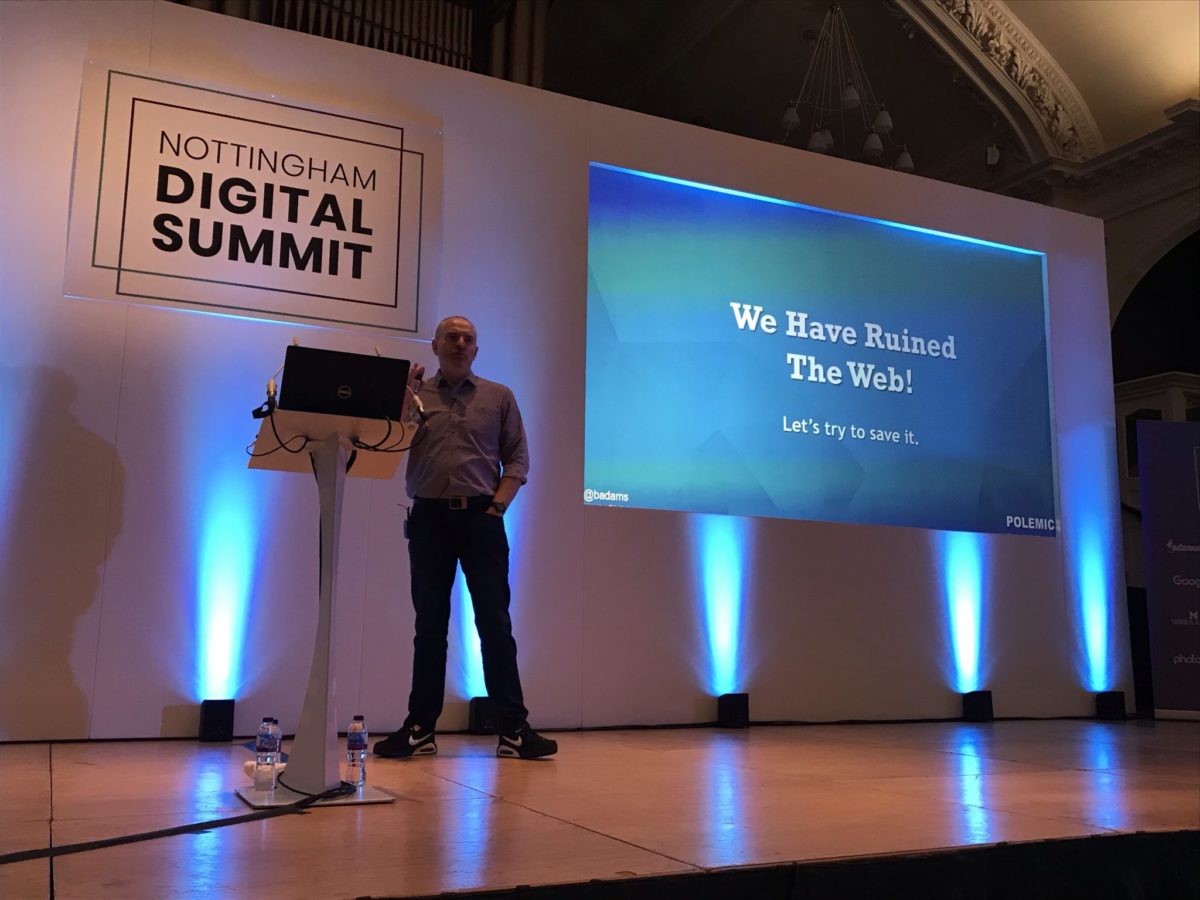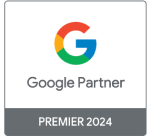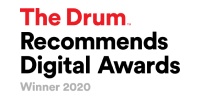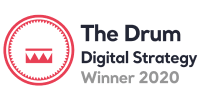The third speaker on the Albert Hall stage was Barry Adams, who spoke about how the internet has changed massively, how it has been ruined, and what we can do to make it better.
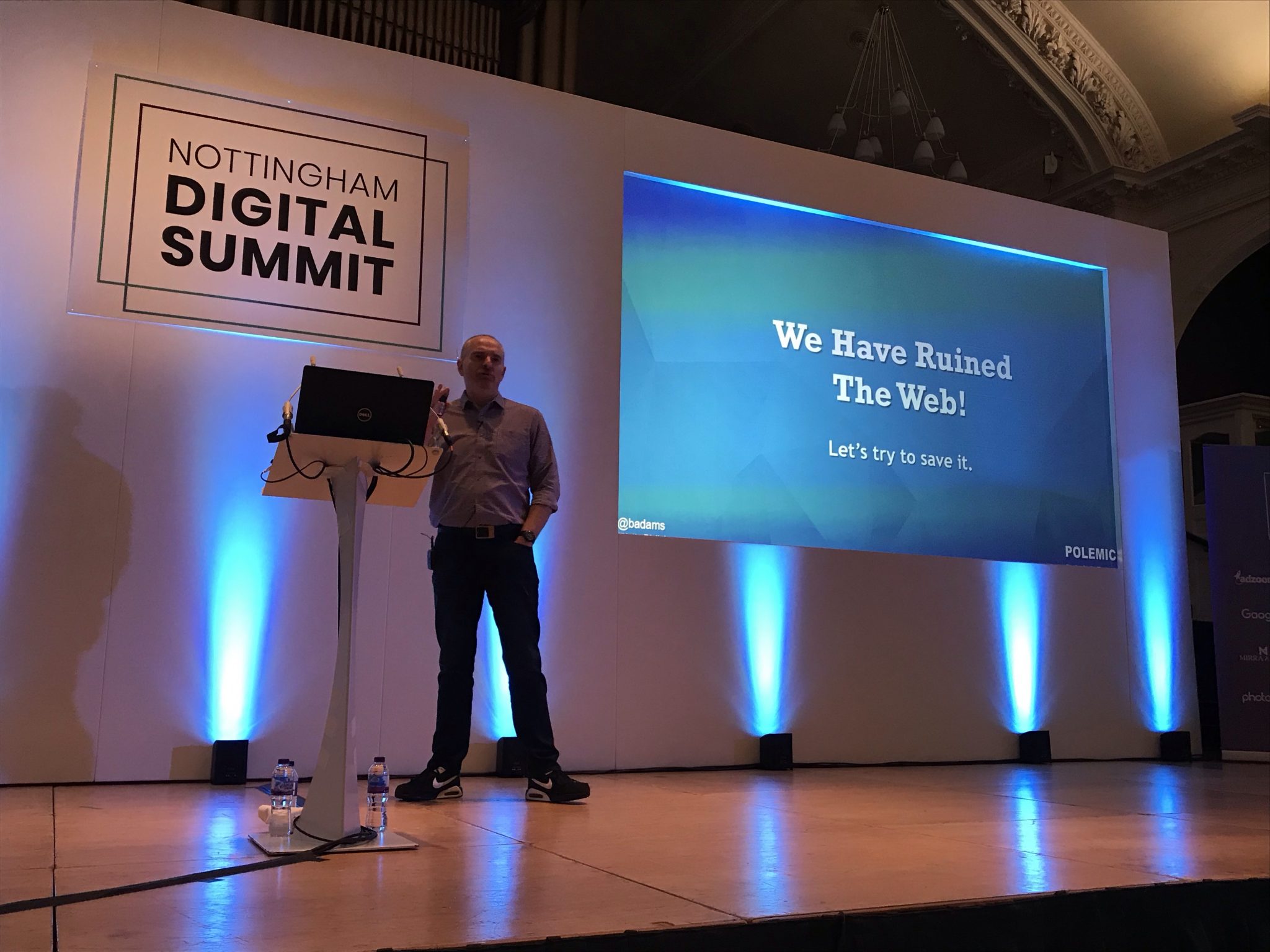
What is the WorldWideWeb?
The WorldWideWeb (W3), is a wide-area hypermedia information retrieval initiative aiming to give universal access to a large universe of documents.
The first search engine wasn’t Google. These included:
- Ask Jeeves
- Hotbot
- LookSmart
- All the web
- Lycos
- Alta Vista
It didn’t take long for marketers to try and manipulate search engines by filling the meta keywords tag, and putting white text on a white background. It meant that marketers could rank really easily.
In 1998, the birth of Google meant everything changed. They had a different concept of ranking, by introducing PageRank. Essentially, the more links you got to your site, the better you ranked organically.
Initially, digital marketers crammed their content full of spammy links with keyword-rich anchor text, in order to rank number one. This also saw the birth of online directories, which marketers used to get free links.
Google now discourages you from getting links, but it’s still a huge part of SEO – you just need to ensure that link is good quality, with a high DR.
Interestingly, 84% of links pass little to no value. This means Google ignores it, but we’ll never really know which links these are – we can only take educated guesses.
So, how is the web being ruined?
Carousels:
- 1% of people on your website click on your carousel
- 89% of the 1% who click, click on the first slide of your carousel
- It looks like an advert, so people don’t tend to interact with it
Dark design patterns:
- “Try Prime free and pay later” – Amazon
- Tick to make Bing your default search engine
With GDPR, it’s now illegal to automatically click the tick box that signs users up for marketing emails – Adobe is still doing this.
Advertising
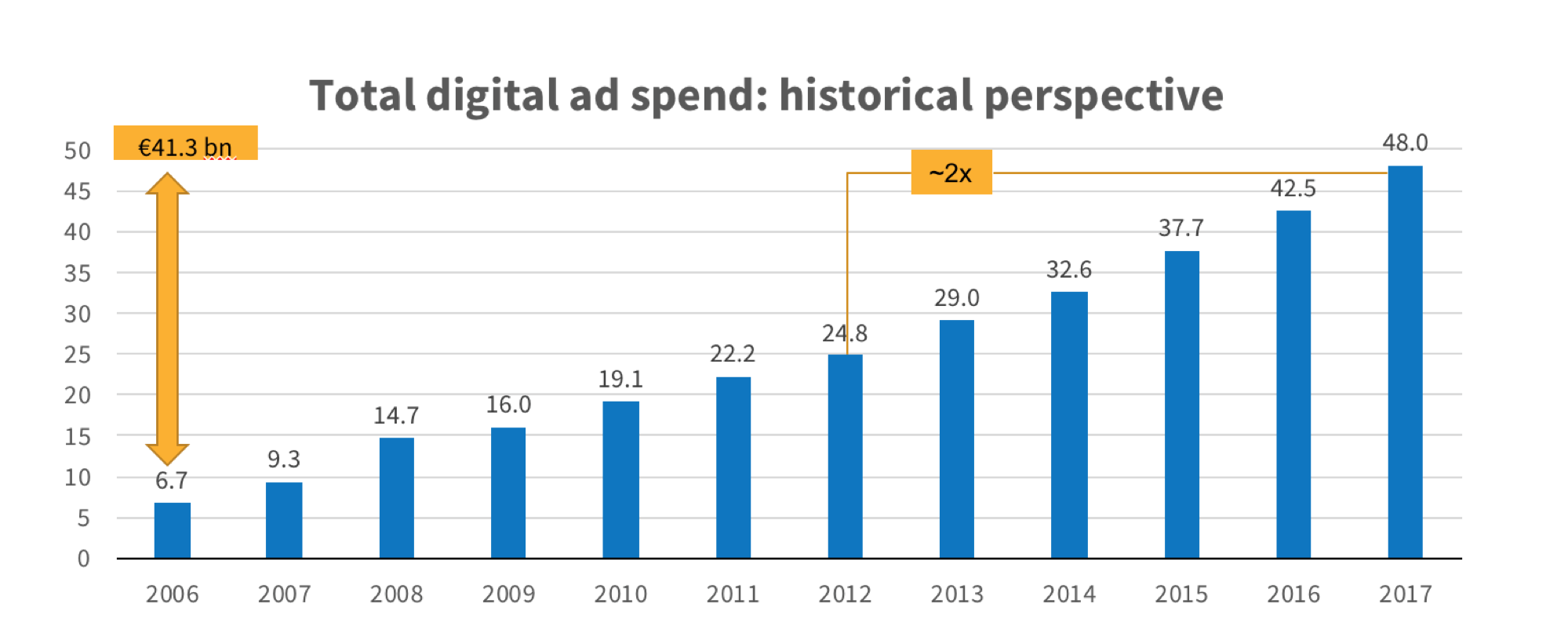
A lot of marketers spend a lot of money, but don’t know what they’re going to get back from it.
“Half the money I spend on advertising is wasted; the trouble is, I don’t know which half.” – John Wannamaker
You need to show your ads to the right place at the right time, to make a conversion – but the only way you can do that is by collecting data so you know where your customers are.
JavaScript
When you put a lot of code on a site, it slows down the website massively, which is a bad user experience, so potential customers are bouncing back off your website.
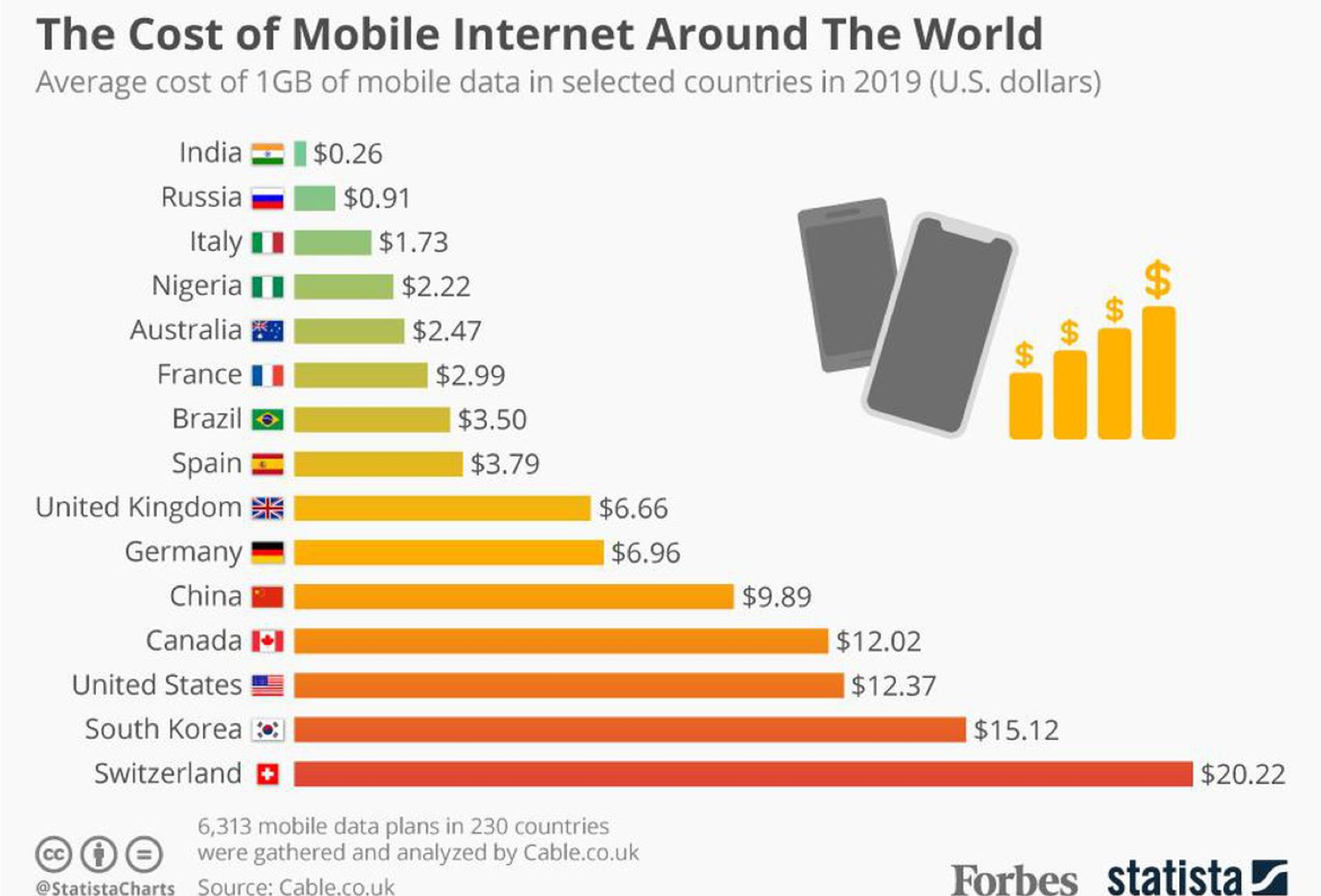
In the UK, the cost of mobile data is among the highest, but it’s even worse in the US.
JavaScript puts a lot of strain on websites. Some websites even have the content in the JavaScript, which Google finds much more difficult to read. Google has to use the rendering process, which is referred to two-stage indexing. It can take weeks for Google to render correctly.
AMP
AMP means you have to play by Google’s rules, so people have mixed feelings about this, because while it can increase your page speeds, the web is essentially being shaped into what Google wants.
Google has become a surveillance mechanism – it knows everything you do on the internet, from what you’re searching, to the sites you’ve visited, and what you’ve liked.
Hawthorne effect – as internet users, we know everything we do is being watched. This psychological effect makes us change our behaviour because we know we’re being watched – we may even alter our behaviour subconsciously.
One of the worst offenders is Facebook – messages, likes… everything is being monitored, and has the potential to be leaked at any moment in time.
However, if we act quickly, there’s a potential to save this – treat your customers as if they are precious, not just a commodity. Everything we do as marketers, we should do with customers at the front of our minds.
You can also set a “do not track” request – Firefox offers this as standard, but you can select this on all browsers.
Ethical design
